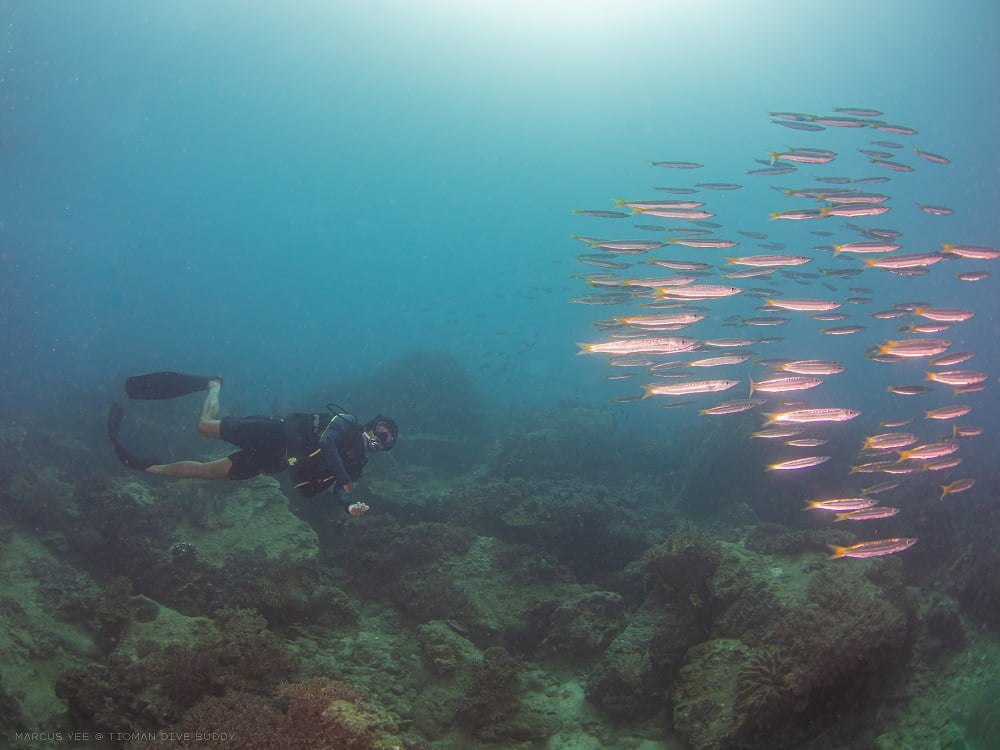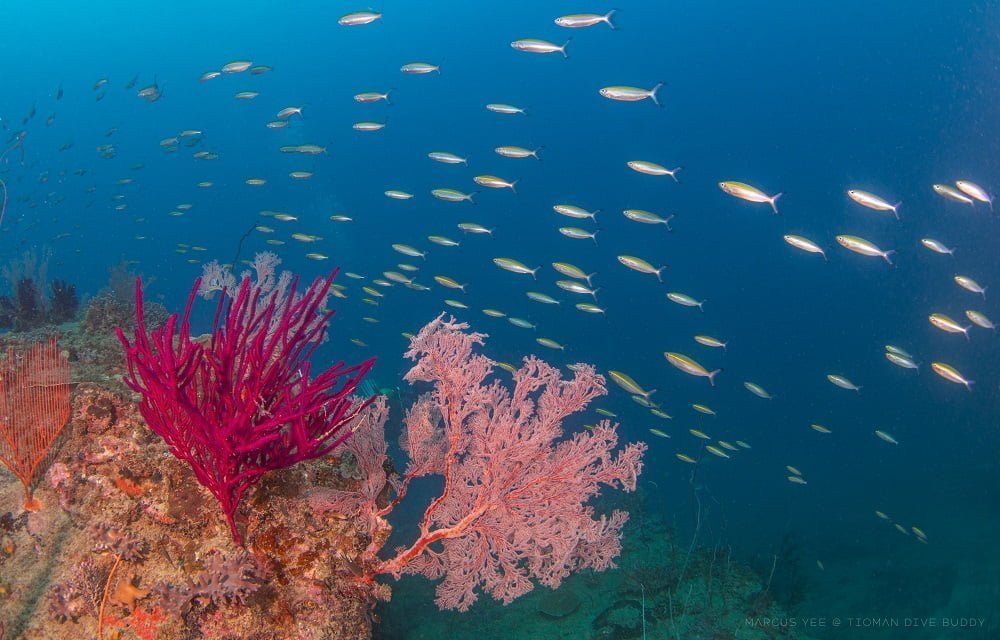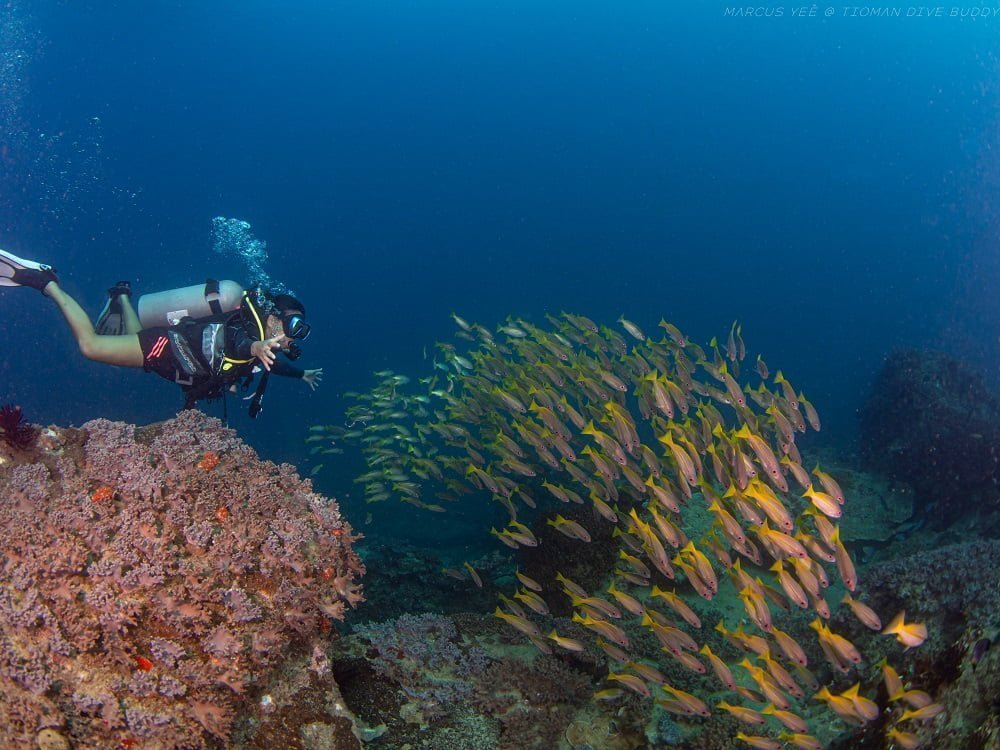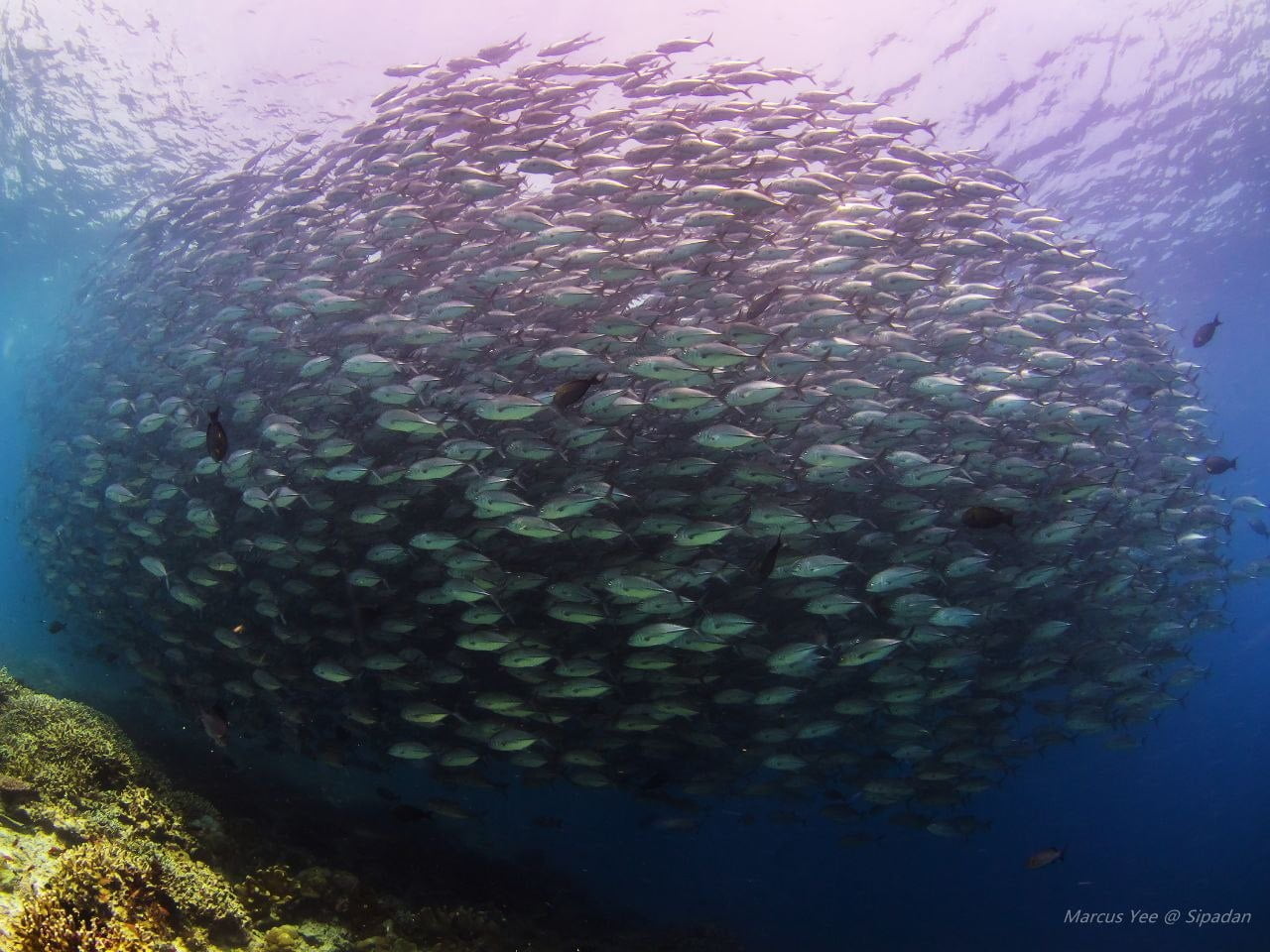
Scuba Dive in Pulau Sipadan
April 2, 2023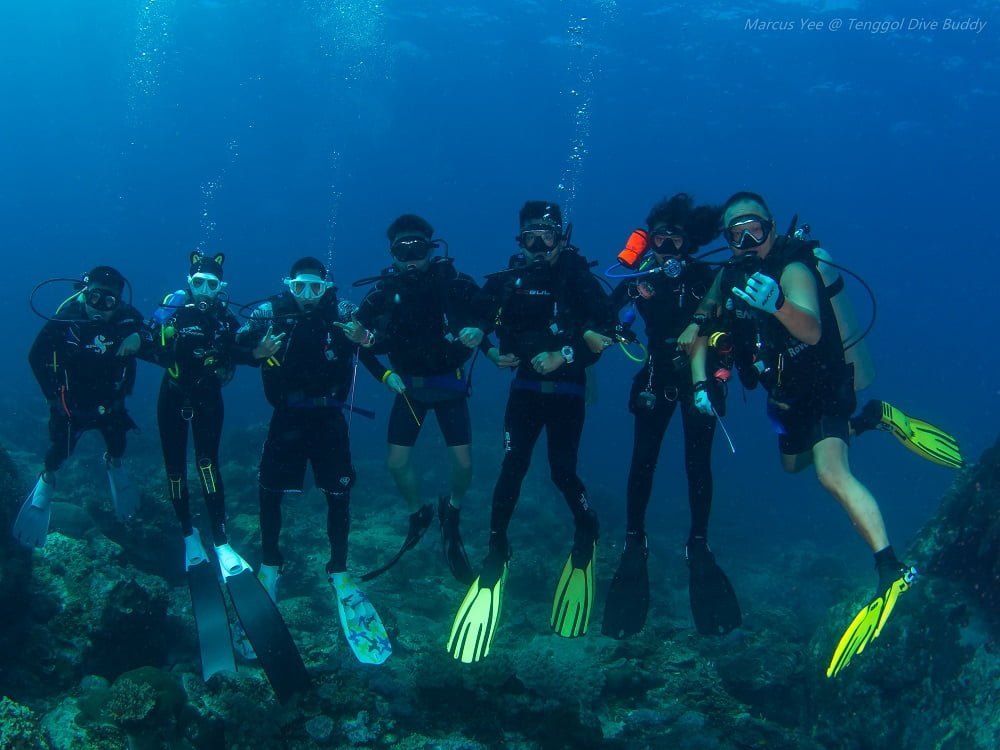
Diving Safety Tips and Precautions
April 17, 2023Scuba diving is an exhilarating experience that allows you to explore the underwater world and see marine life up close. However, it's important to approach scuba diving with caution and to take the necessary precautions to ensure your safety. If you're a beginner open water diver, here are some tips to help you get started:
Get Certified - Before you start scuba diving, you need to get certified. The Open Water Diver certification is the most popular certification and is recognized worldwide. To become certified, you will need to take a course that covers scuba diving theory and practice, as well as a series of practical training dives. Once you have your certification, you'll be able to rent scuba equipment and go on diving trips with other certified divers.
Choose the Right Gear - Choosing the right scuba gear is crucial to your safety and comfort while diving. Before you buy or rent gear, make sure it fits you properly and is in good condition. The basic gear you'll need includes a wetsuit, fins, a mask, a regulator, and a buoyancy control device (BCD). Make sure you try on different gear options to find the ones that fit you best.
Master Basic Skills - Before you start diving in open water, you'll need to master some basic skills in a pool or confined water environment. These skills include clearing your mask of water, recovering your regulator, and equalizing your ears. Make sure you practice these skills until you're comfortable with them before moving on to open water diving.
Dive with a Buddy - Diving with a buddy is crucial to your safety while scuba diving. Your buddy can help you in case of an emergency, and can also make your dive more enjoyable by pointing out interesting marine life. Make sure you establish clear communication signals with your buddy before you start your dive.
Respect the Environment - When scuba diving, it's important to respect the underwater environment and the marine life you encounter. Avoid touching or disturbing the coral, and never take anything from the ocean. Make sure you also avoid kicking up sediment, as this can damage the ecosystem. Remember that you are a guest in the underwater world and should behave accordingly.
Plan Your Dive - Before you start your dive, make sure you have a plan in place. This should include the maximum depth you plan to reach, the amount of time you plan to spend underwater, and the route you plan to take. Make sure you also have a backup plan in case something goes wrong.
Monitor Your Air Supply - Keeping track of your air supply is crucial to your safety while diving. Make sure you check your air gauge regularly and plan to ascend to the surface when you reach a certain level. As a beginner diver, you may want to set a conservative air limit and plan your dive accordingly.
By following these tips, you can start your scuba diving journey safely and enjoyably. Remember to always dive with caution and respect for the underwater world, and to continuously improve your skills through training and practice. Happy diving! Not a Scuba Diver yet? Check here for our PADI Open Water Diver Course Package.




